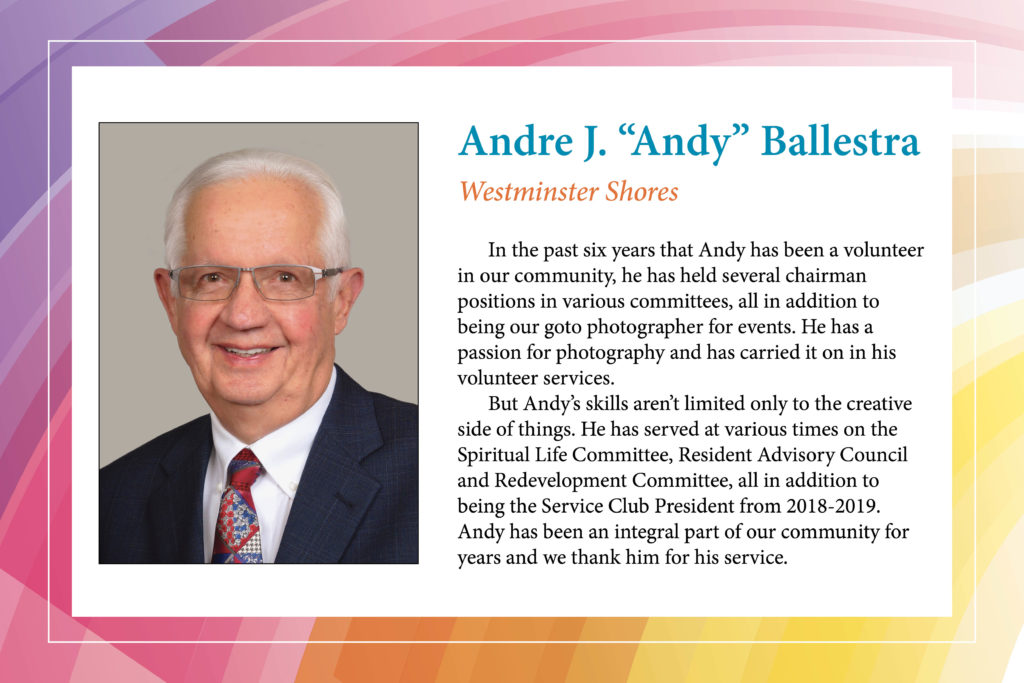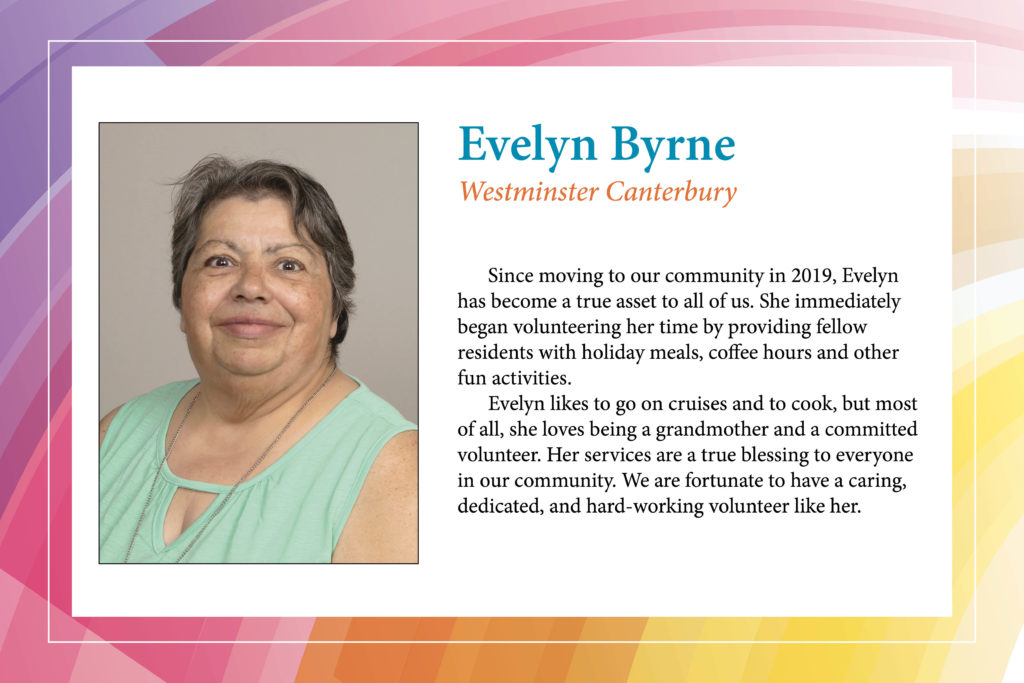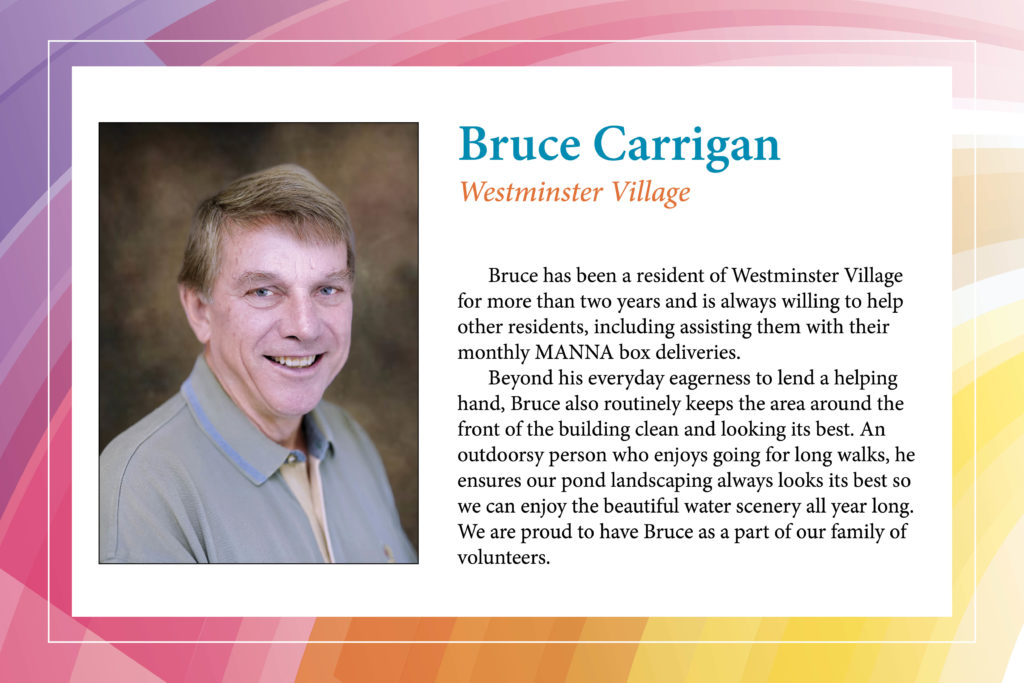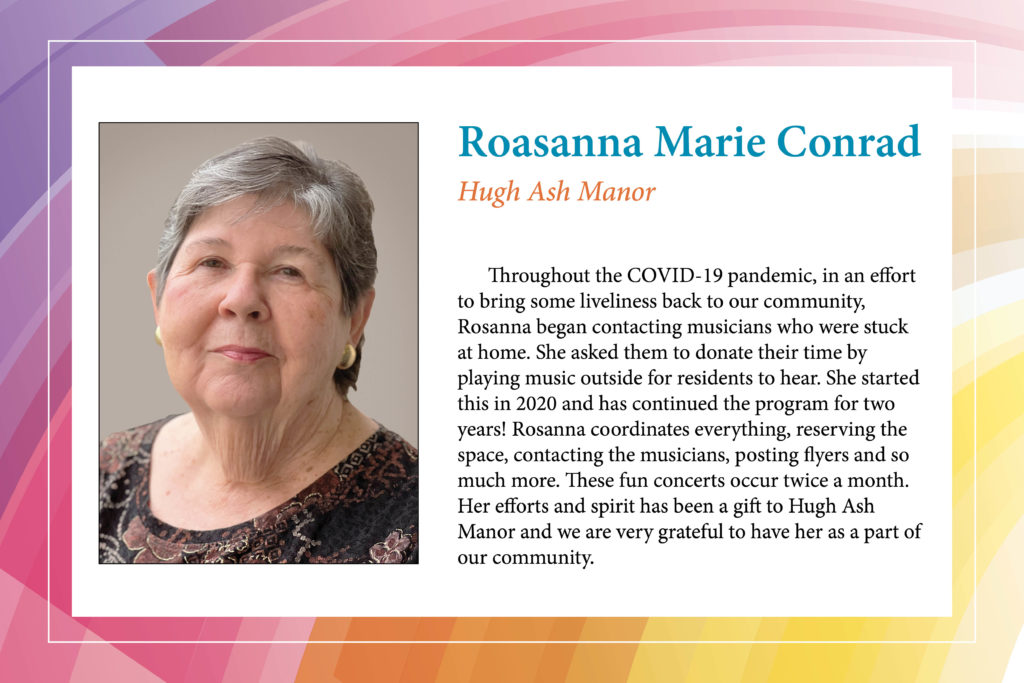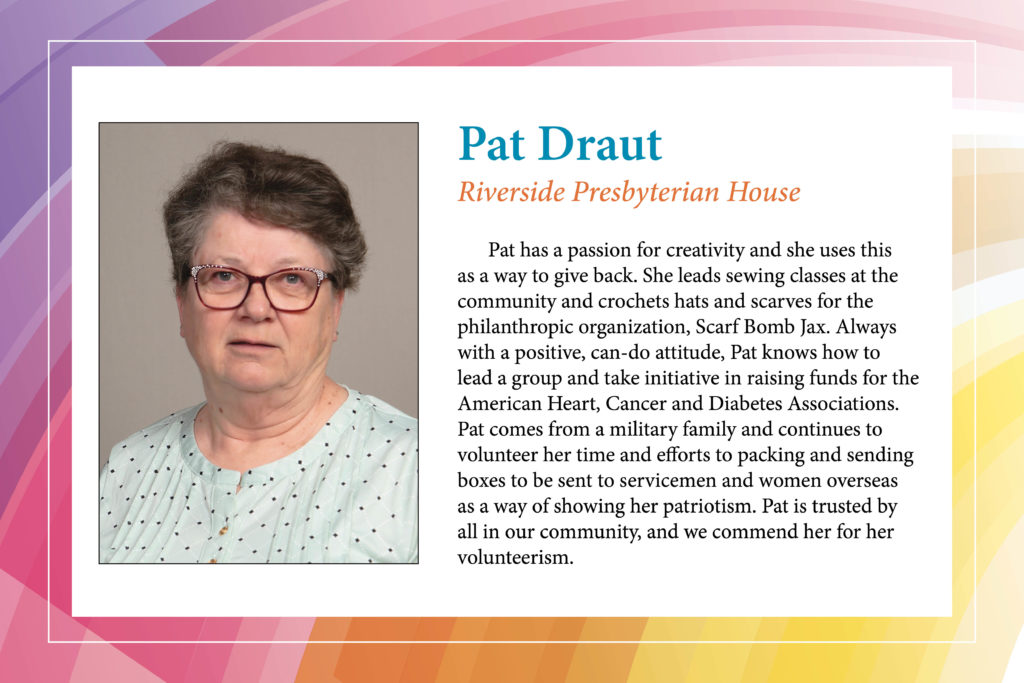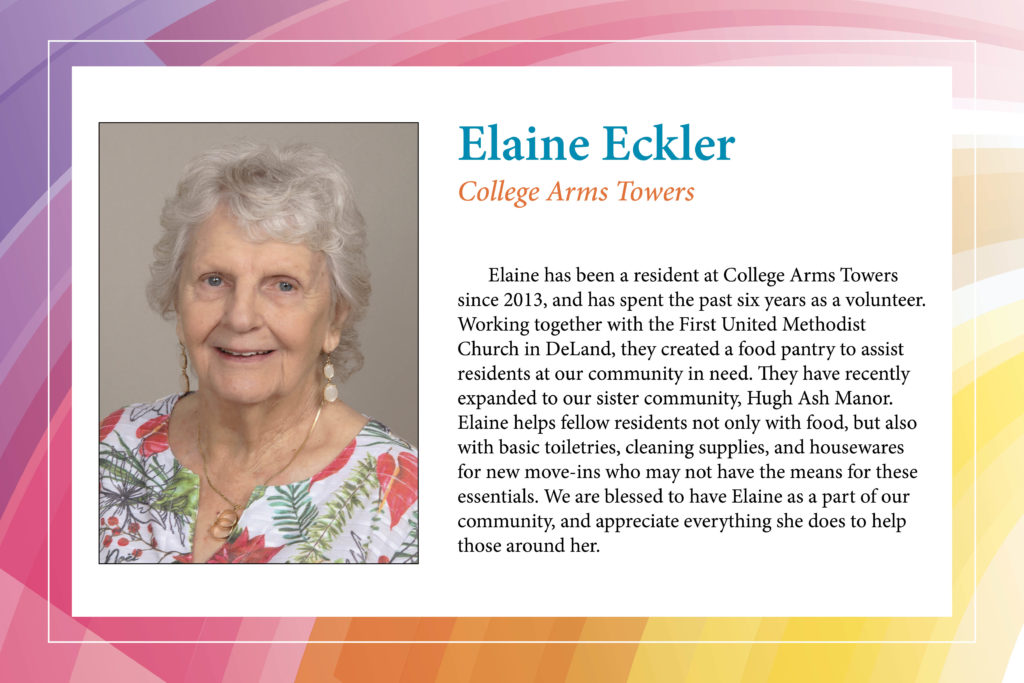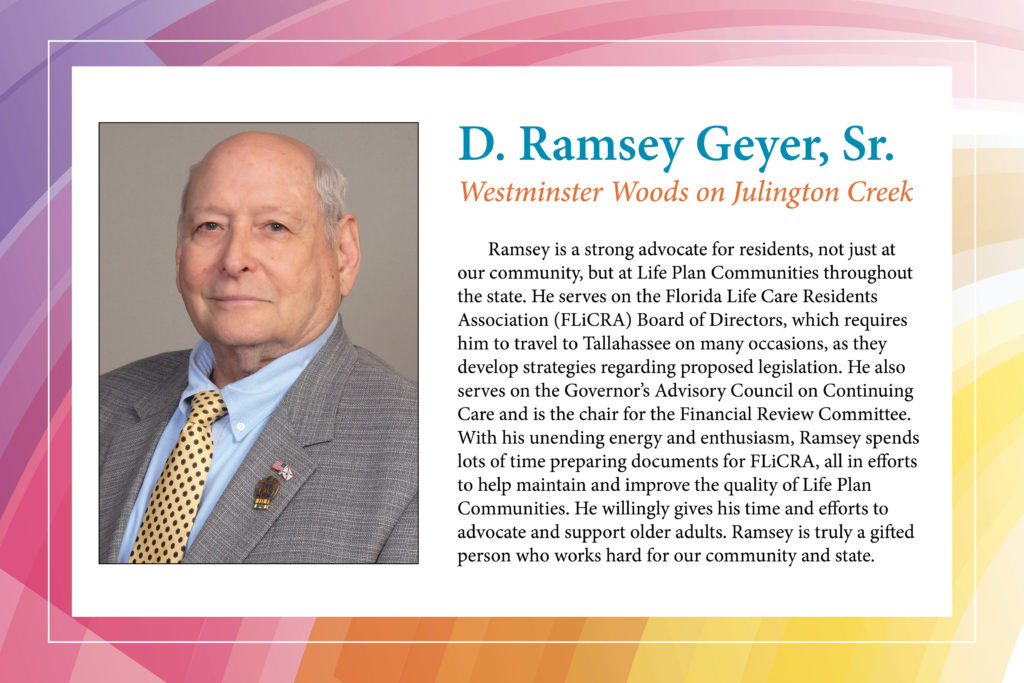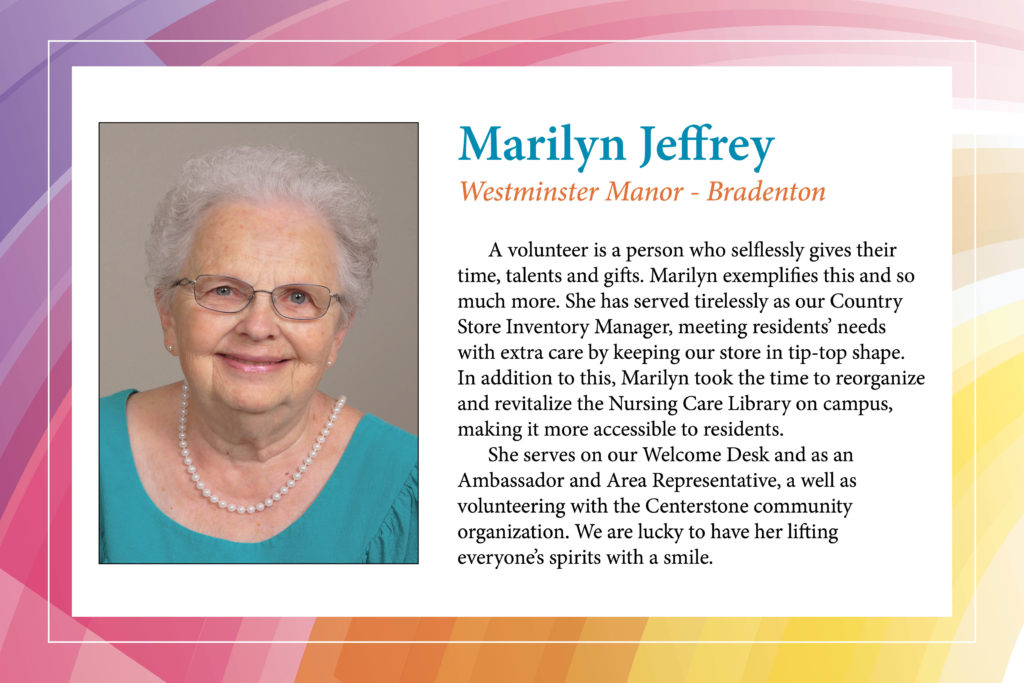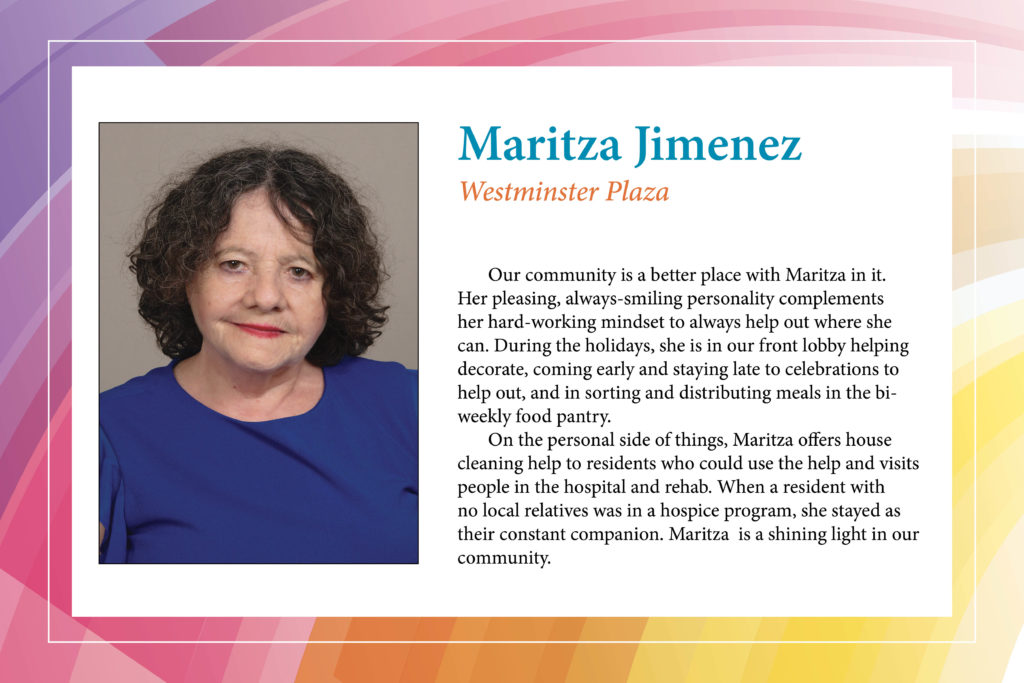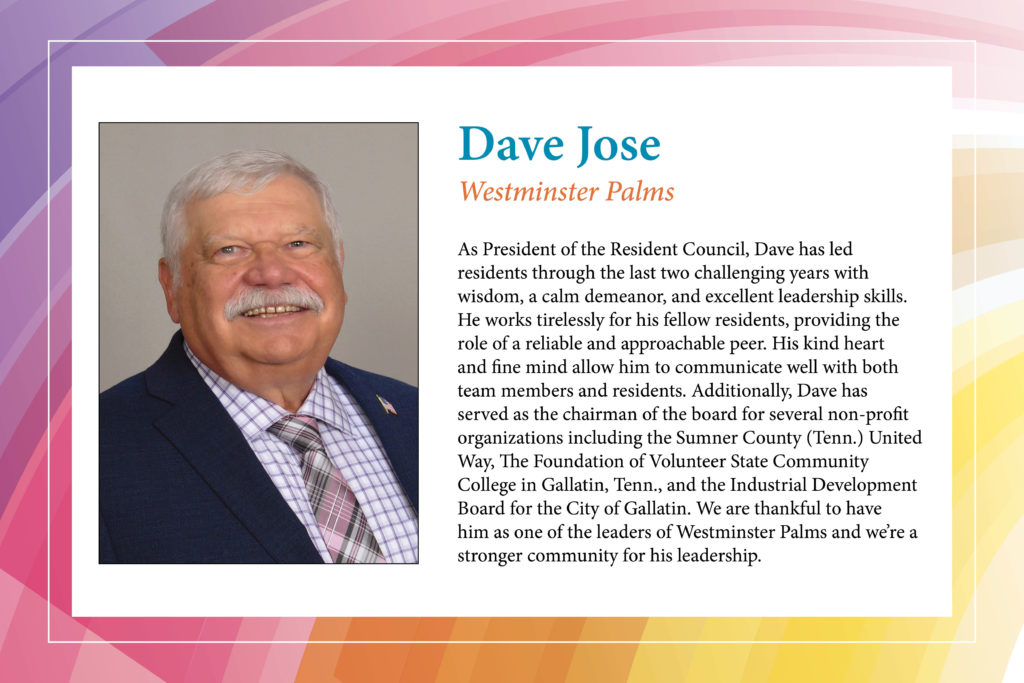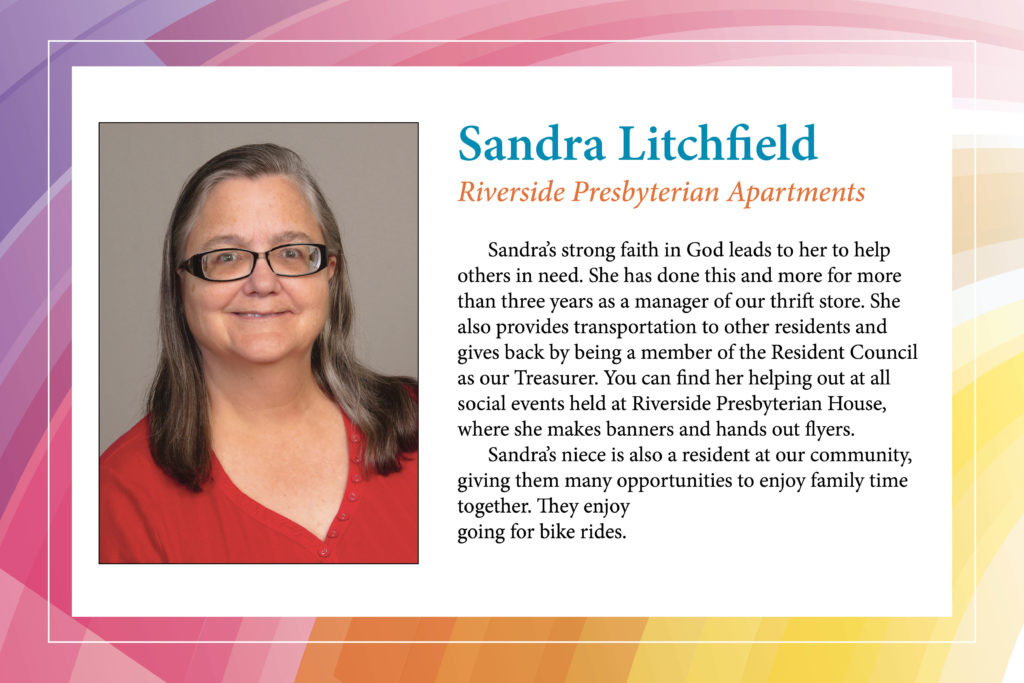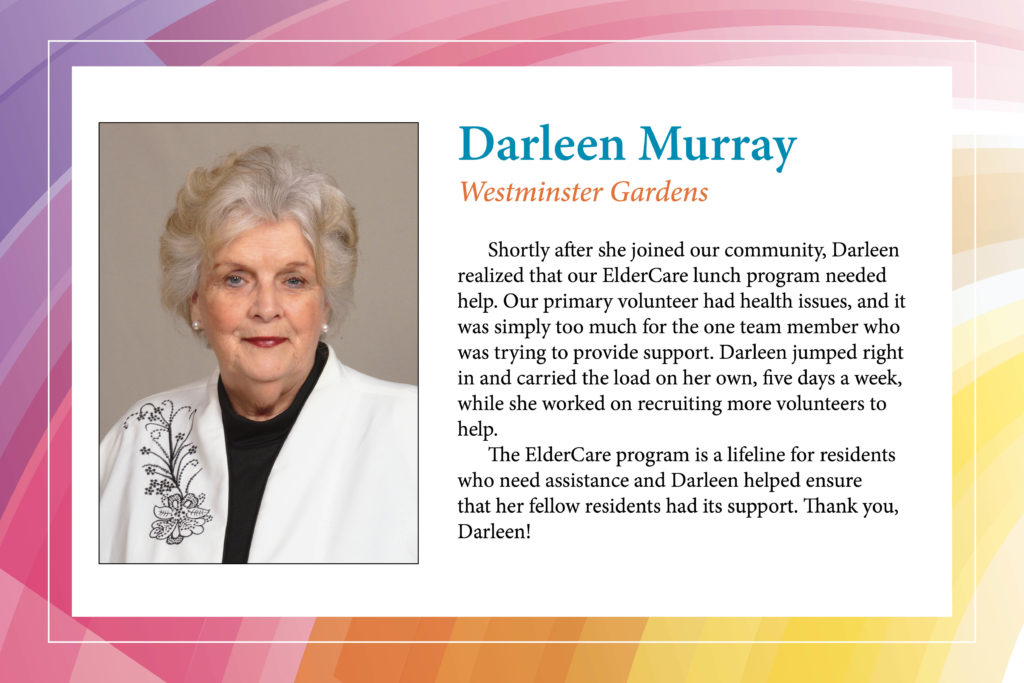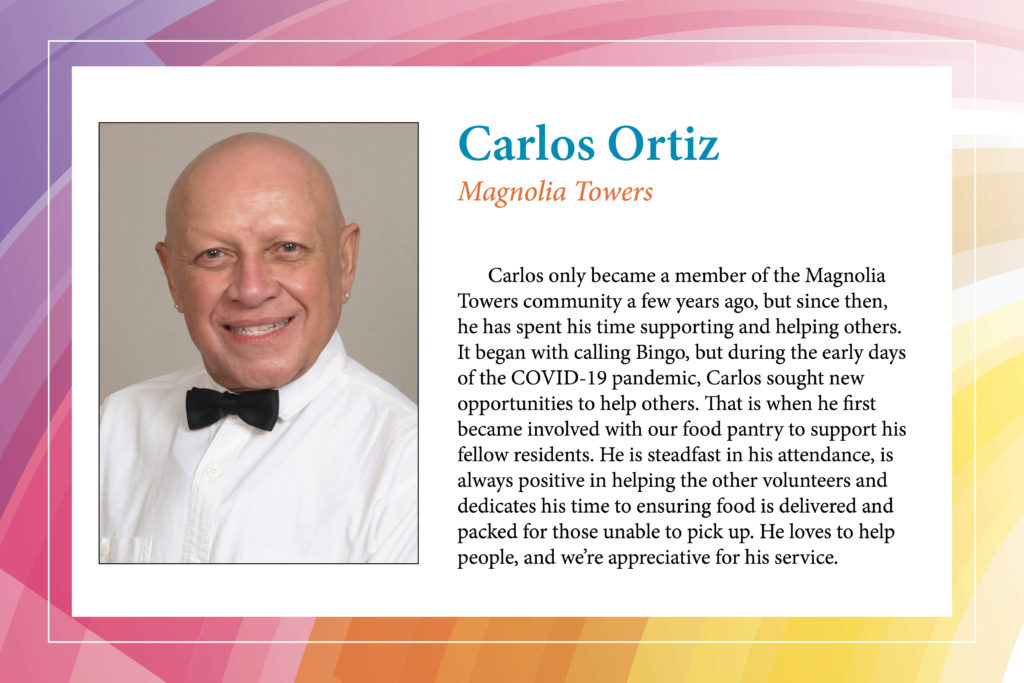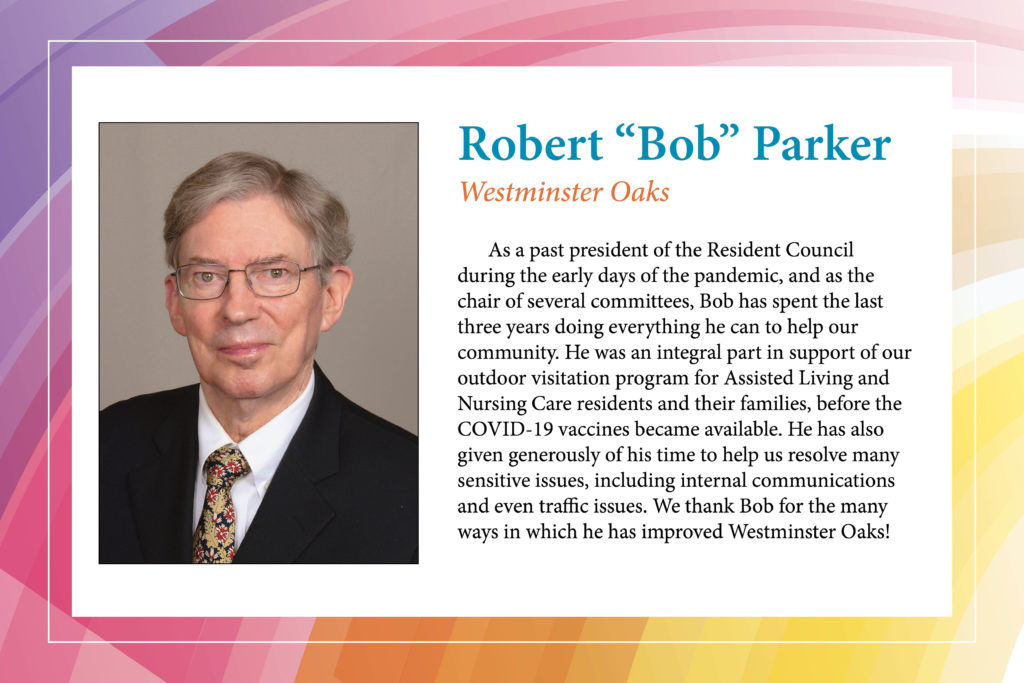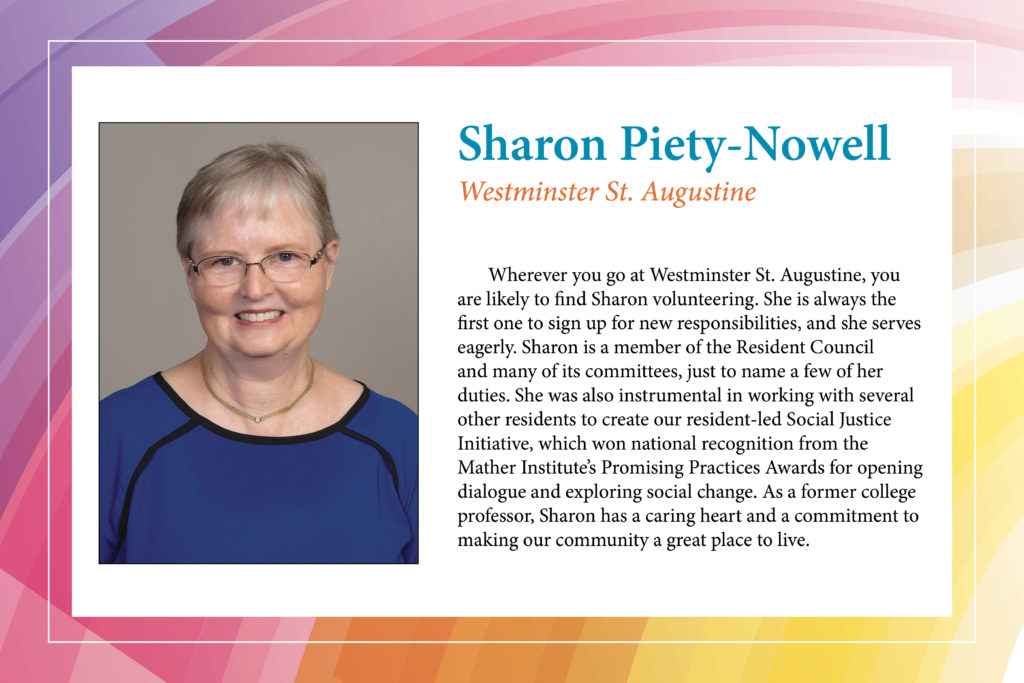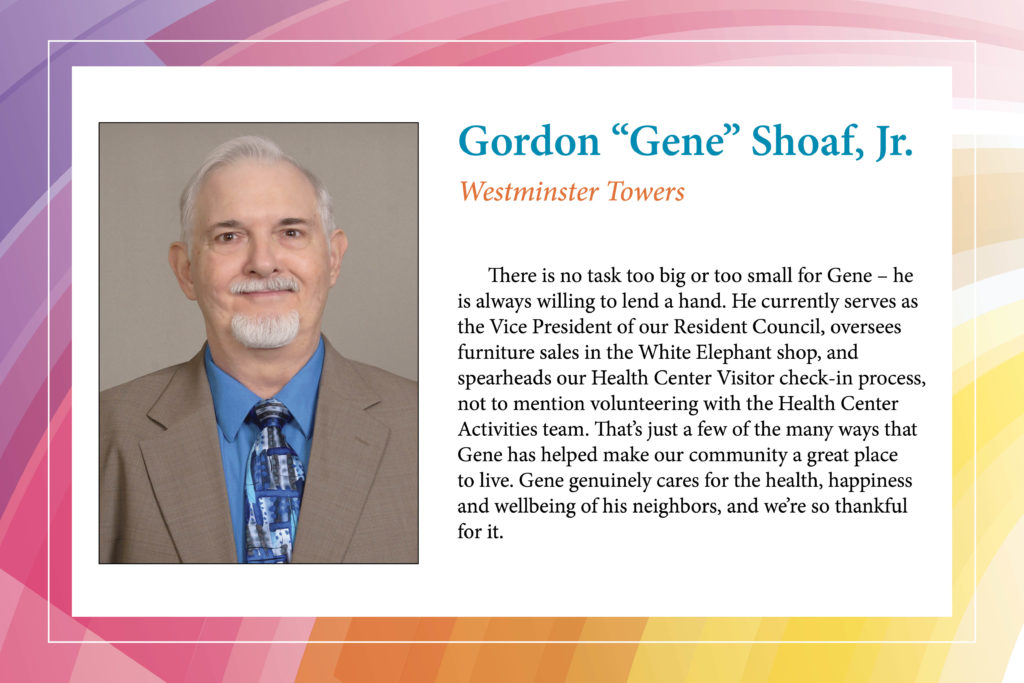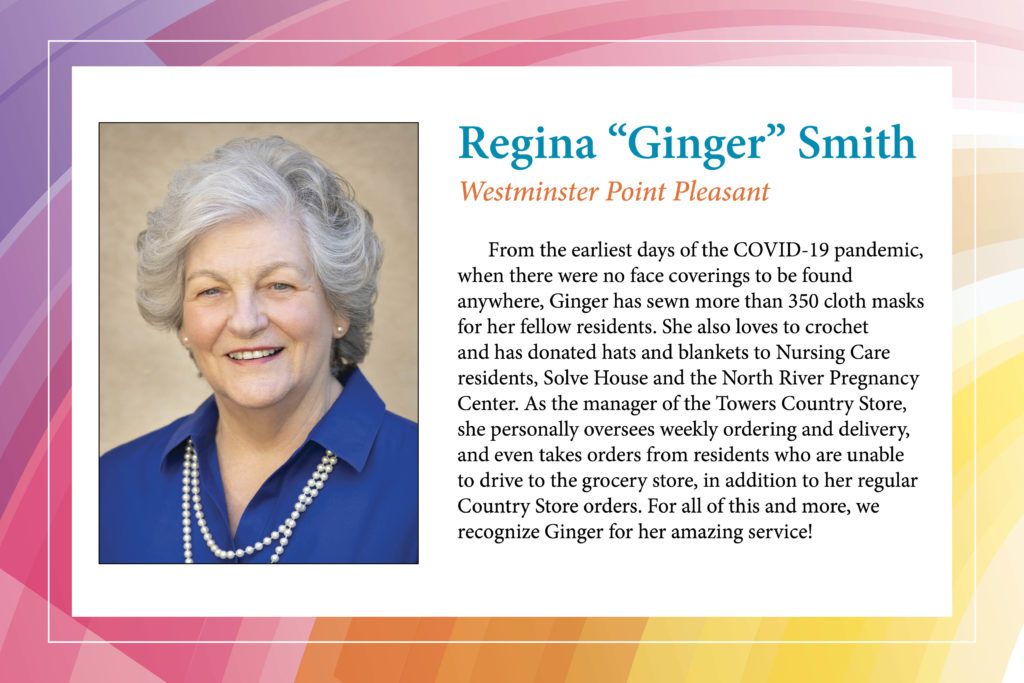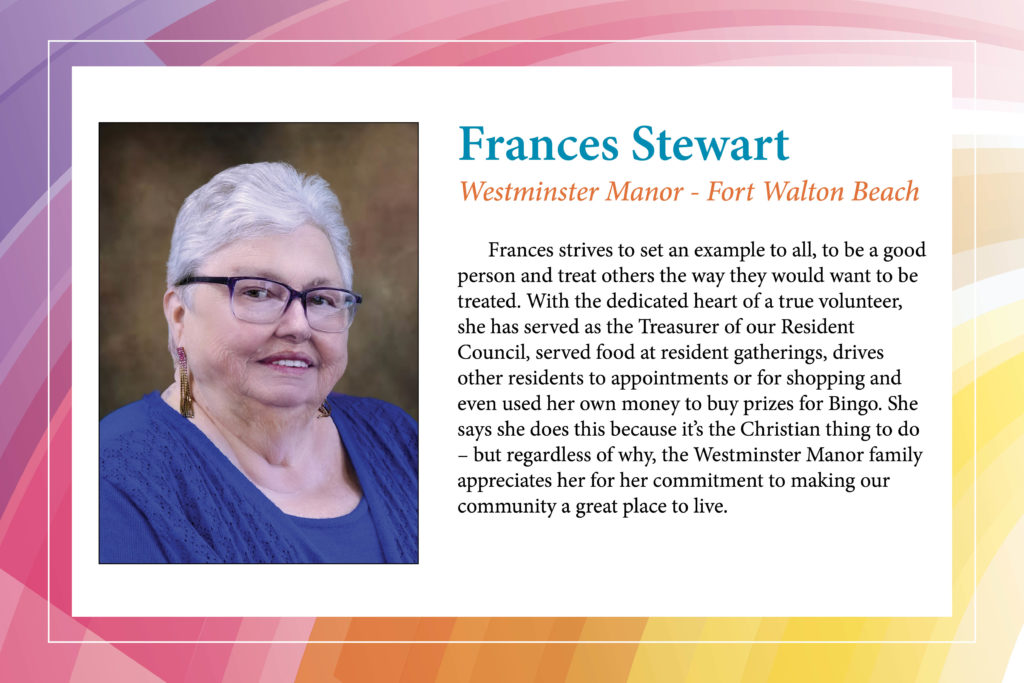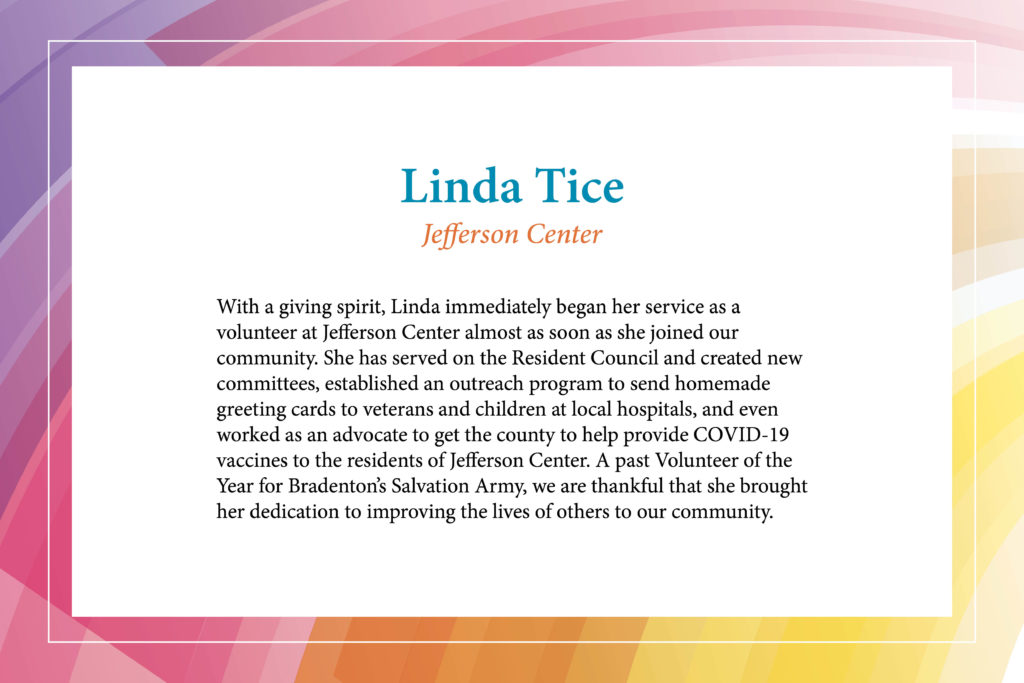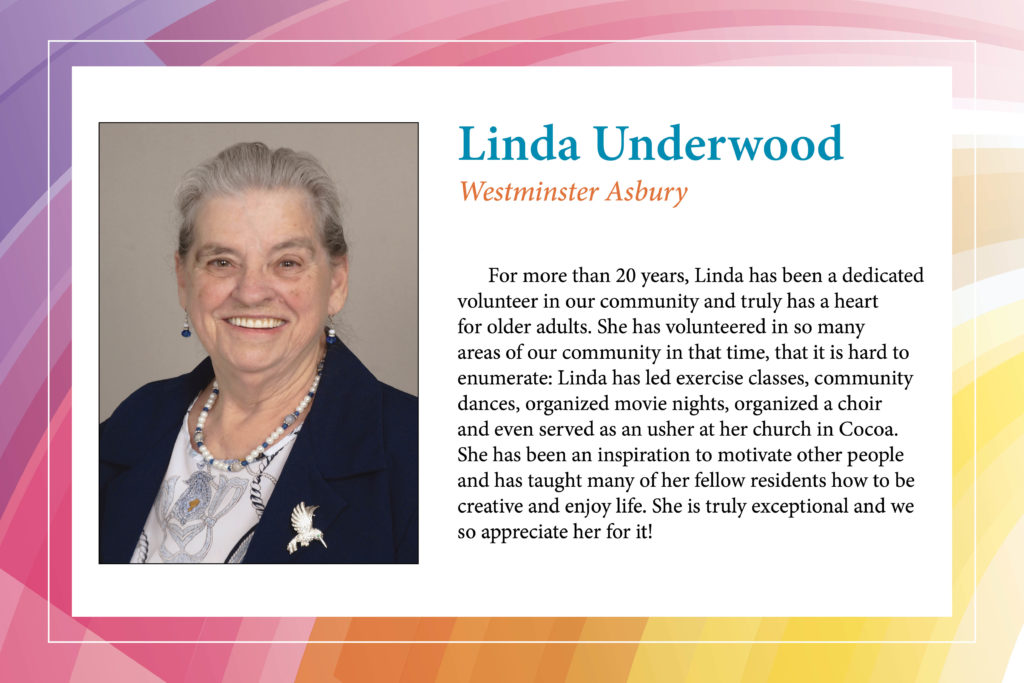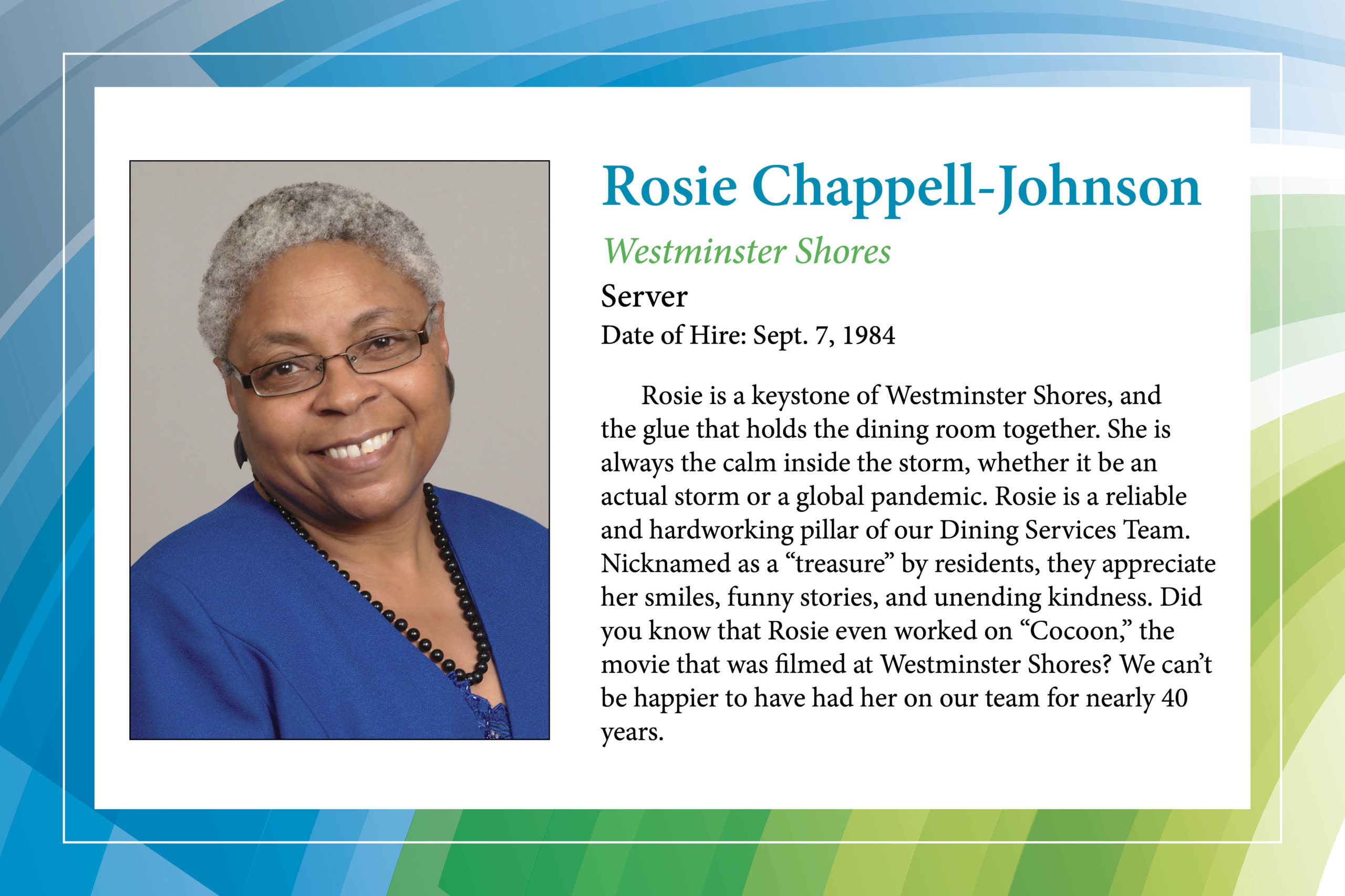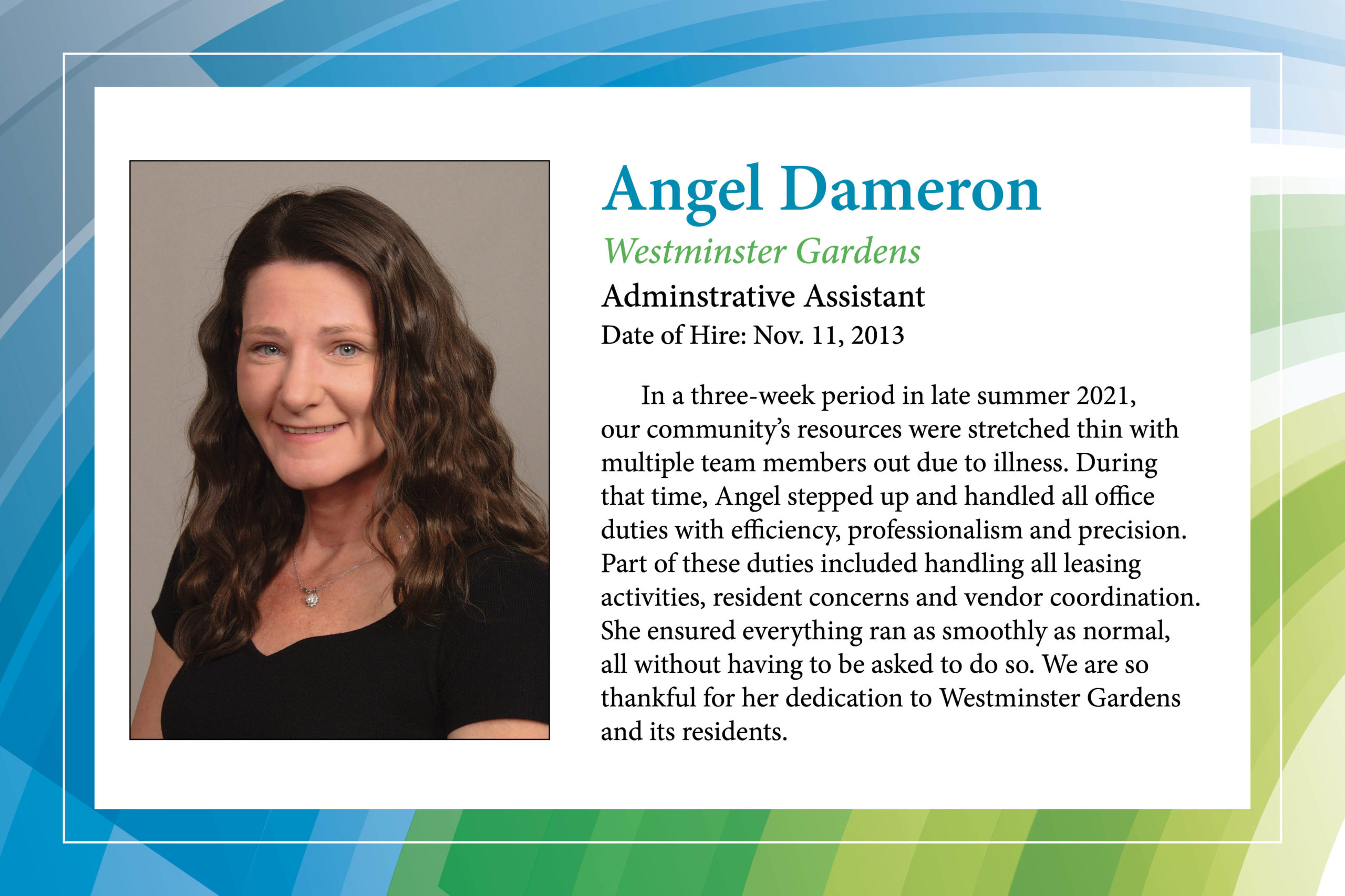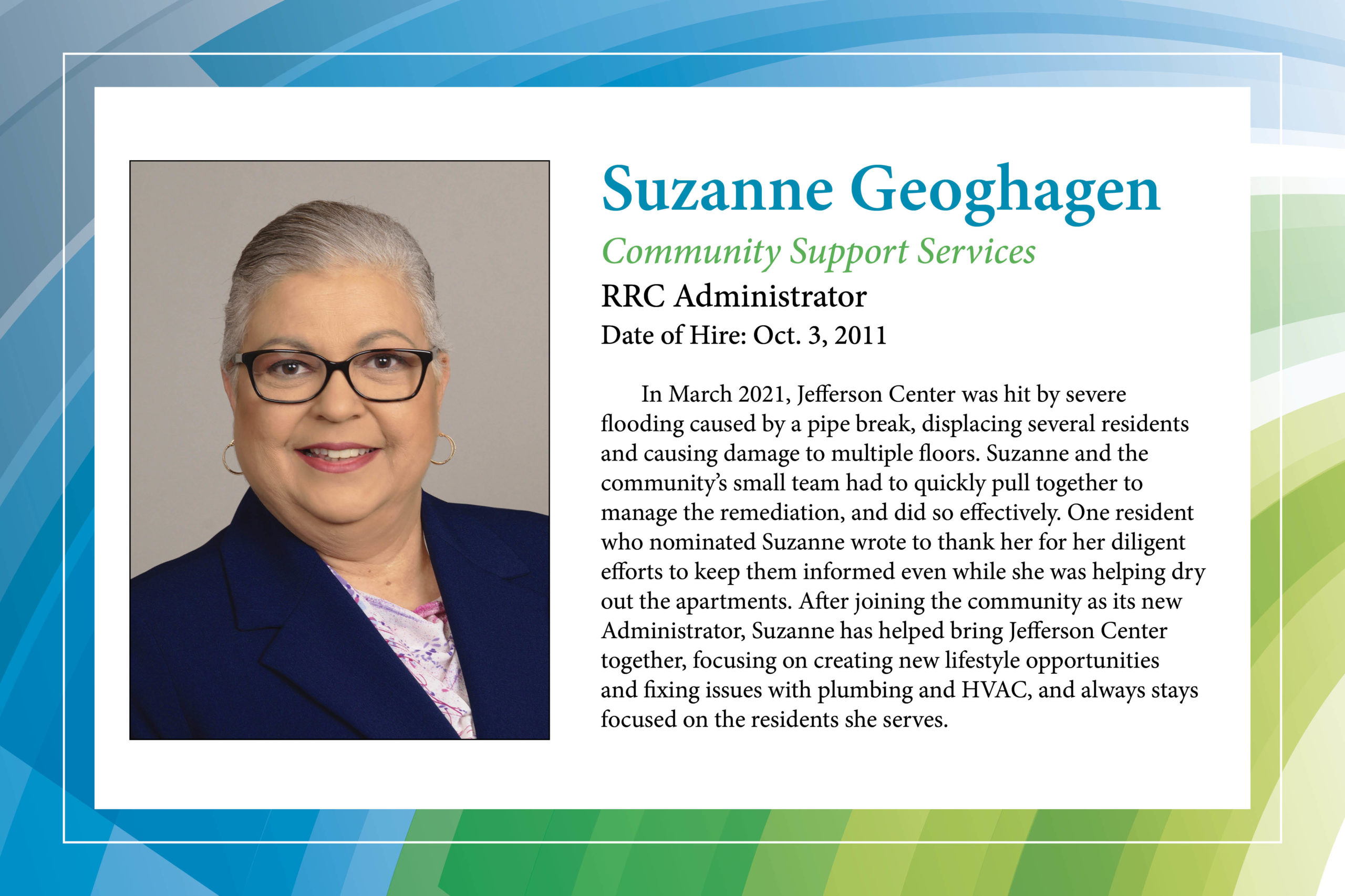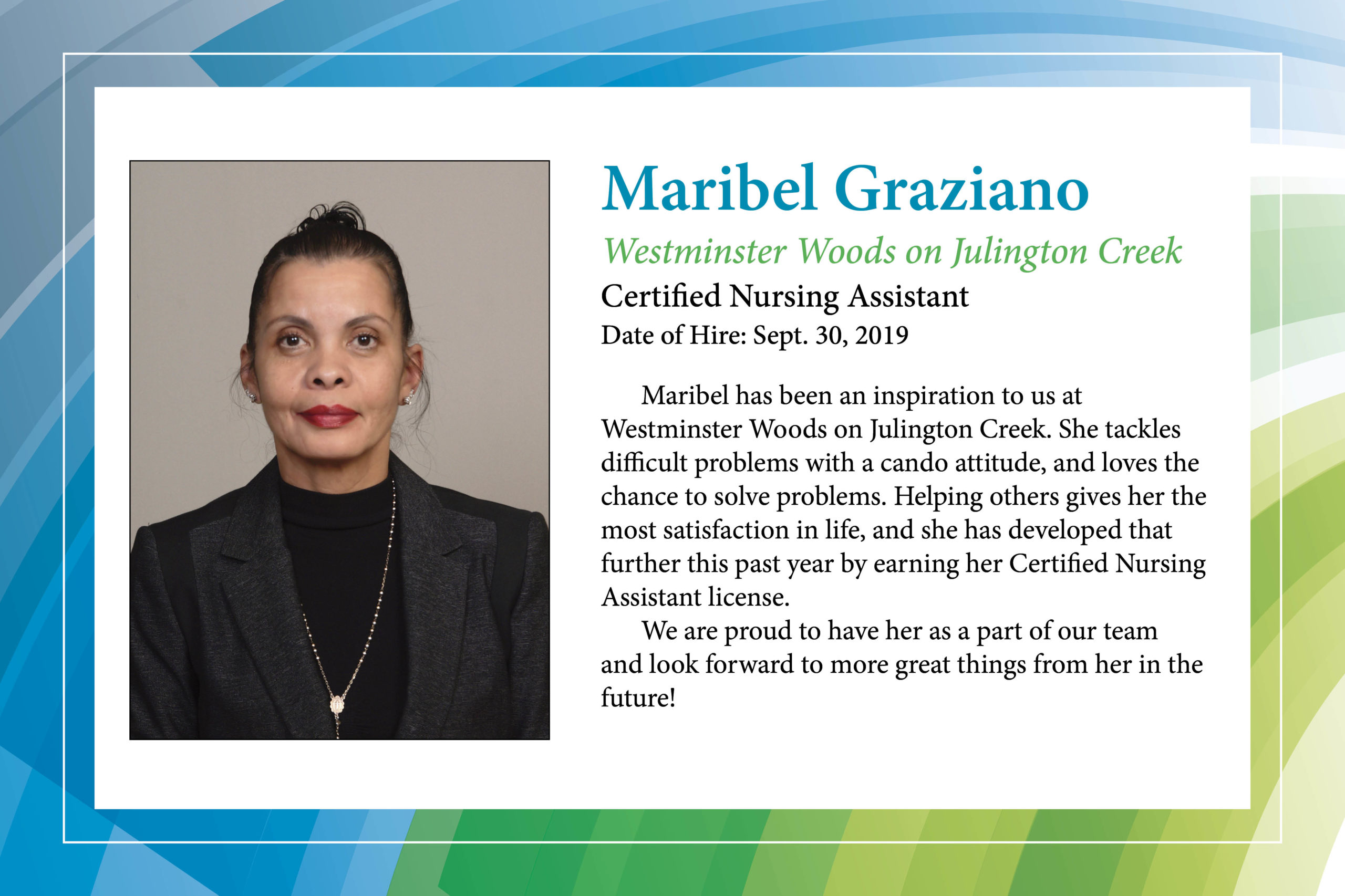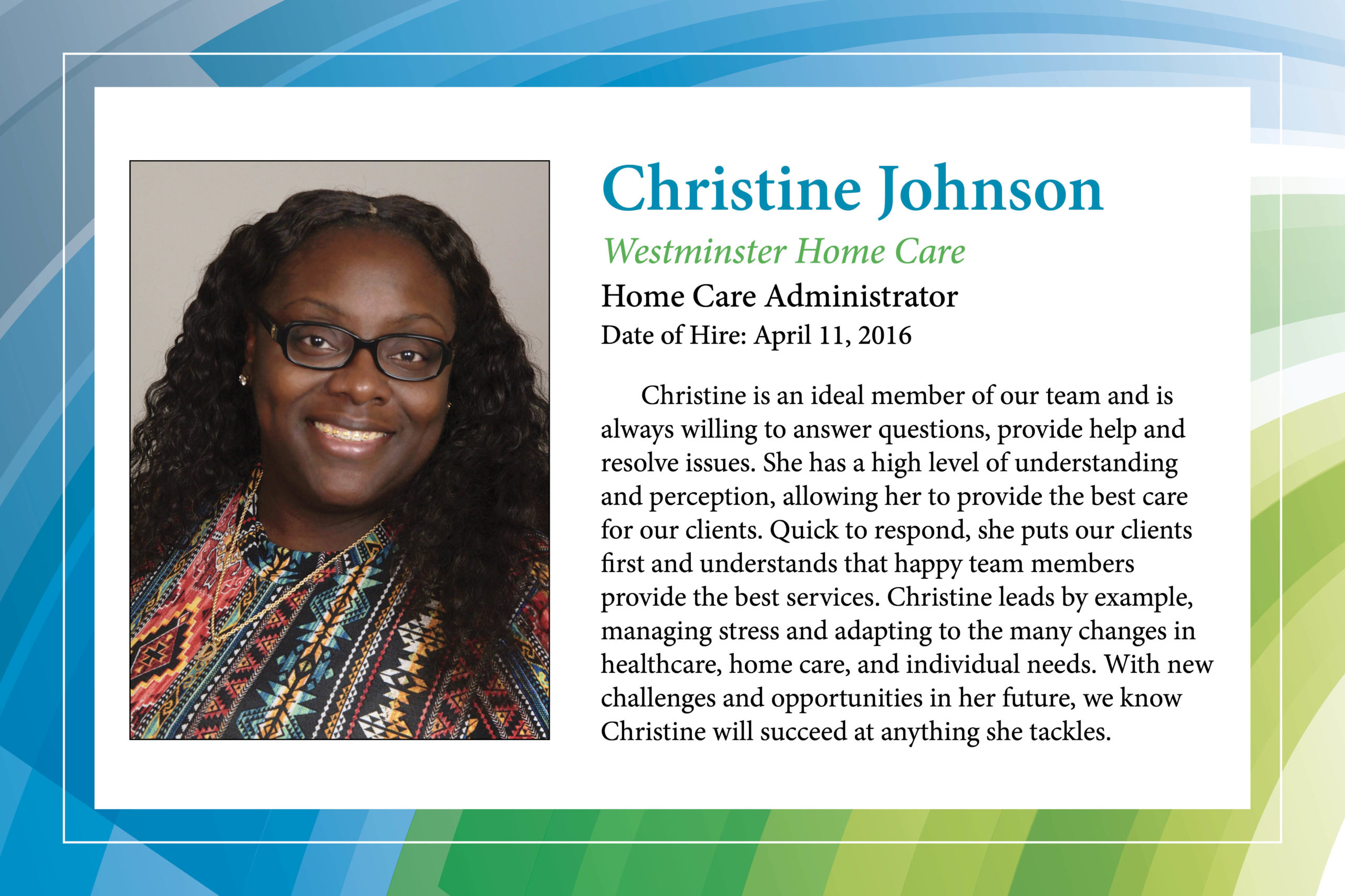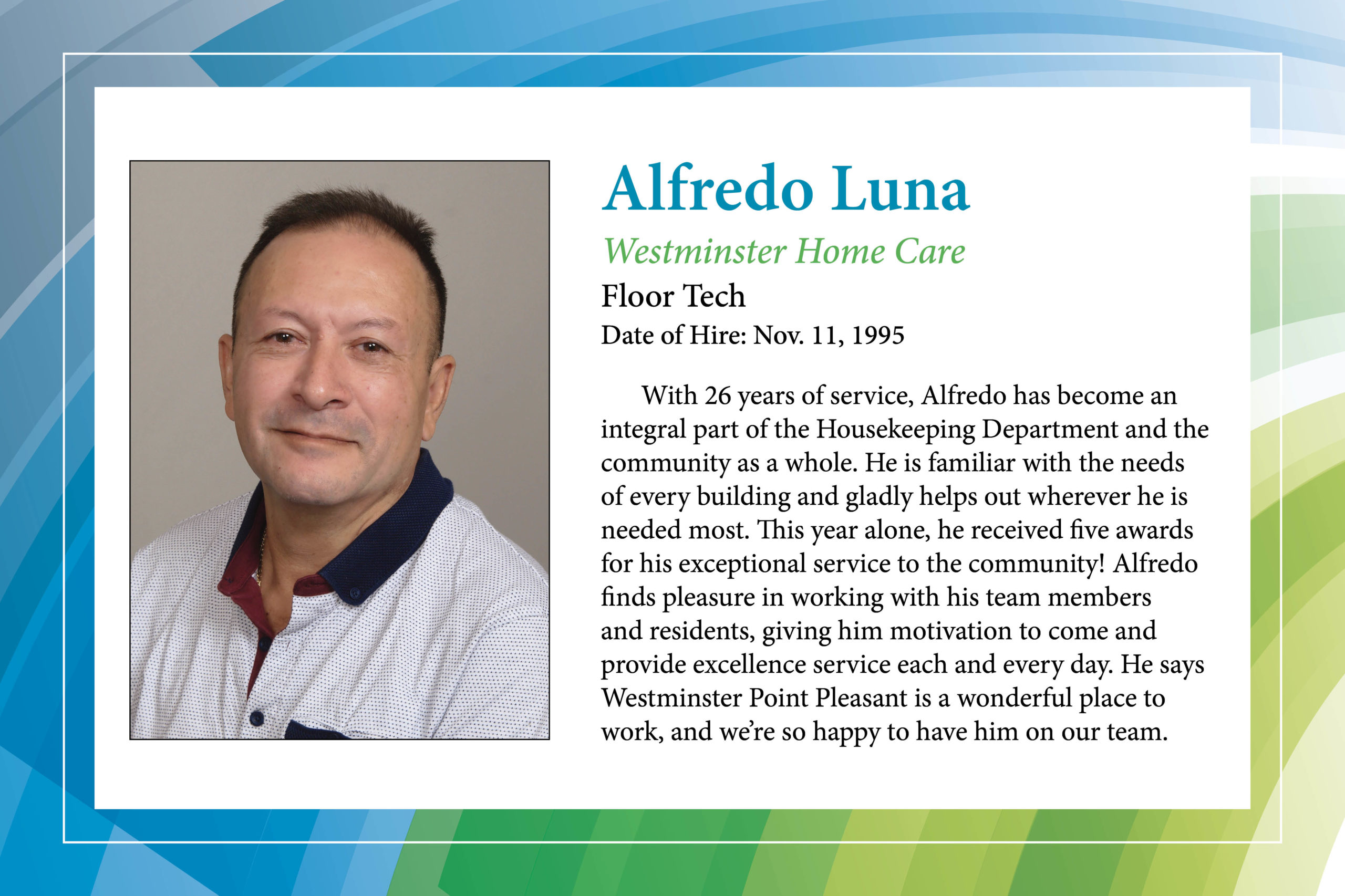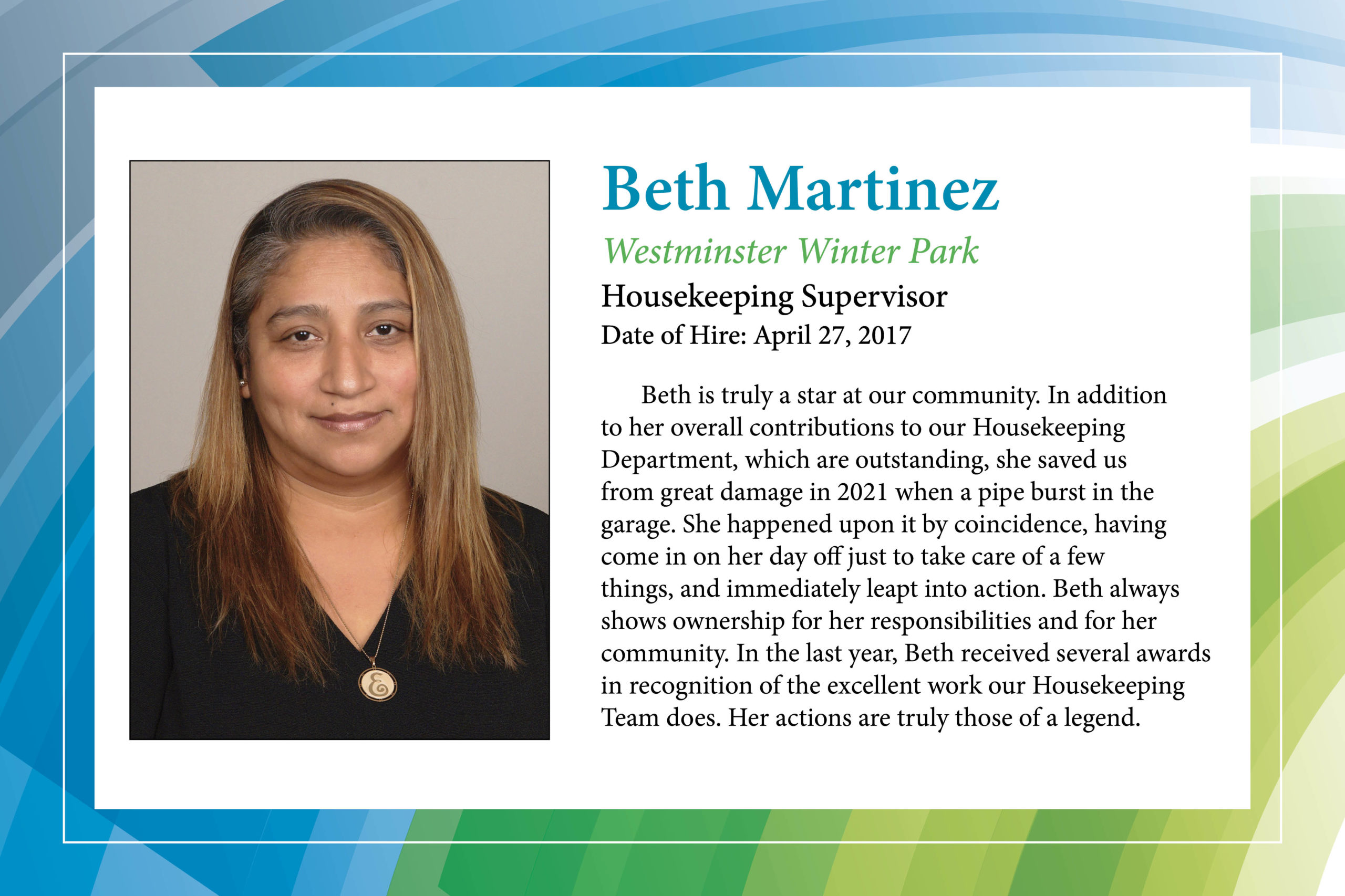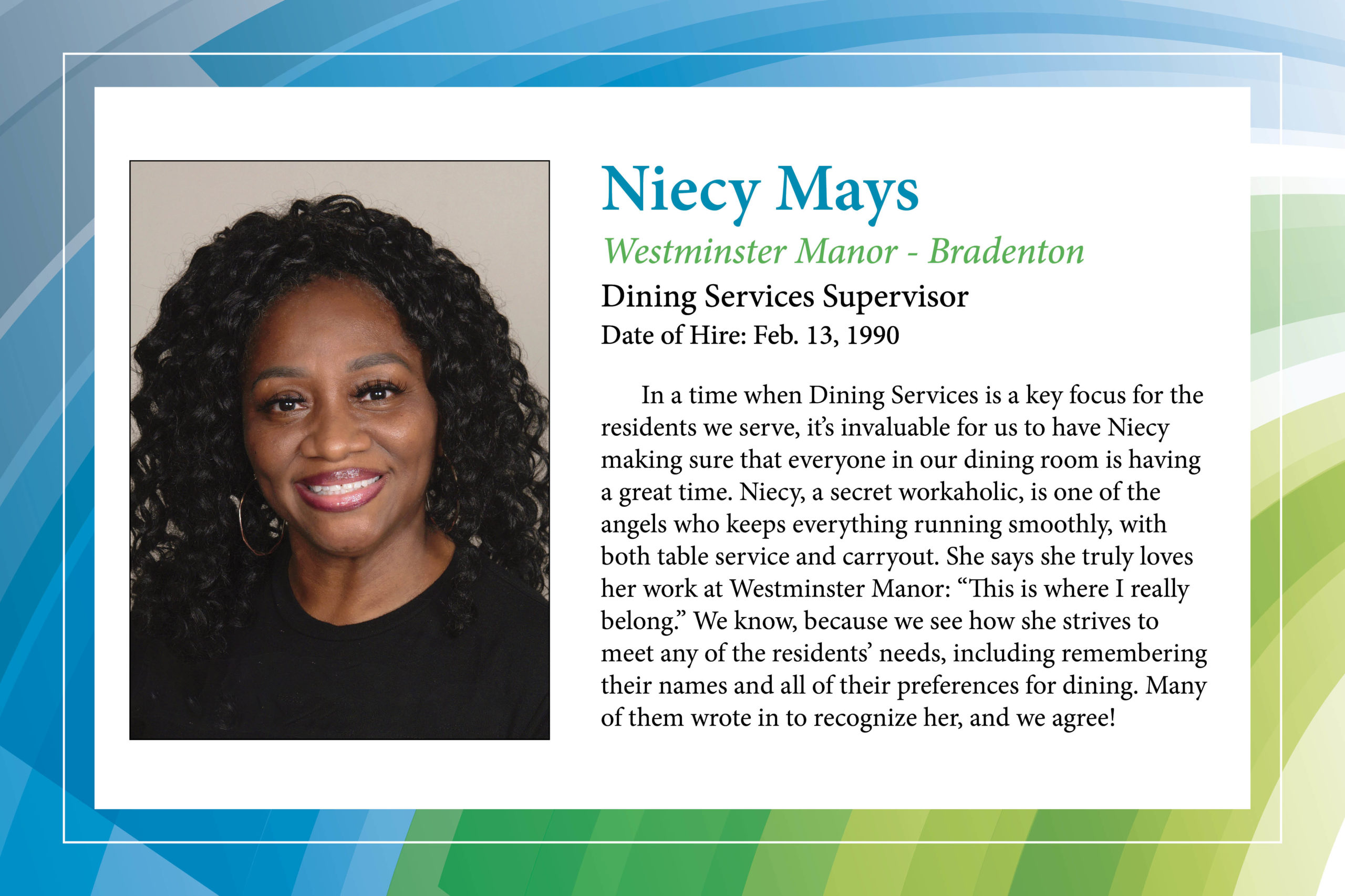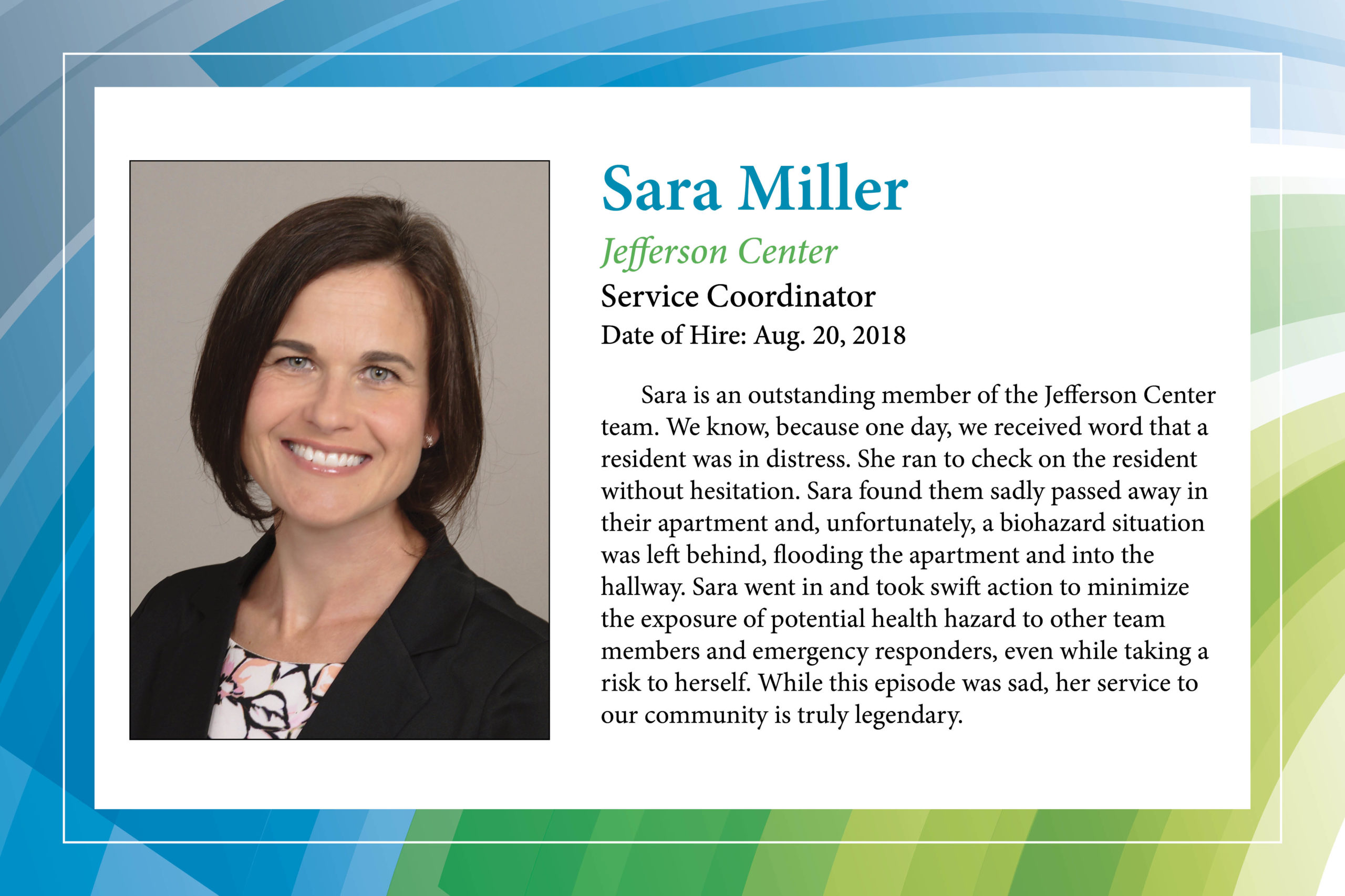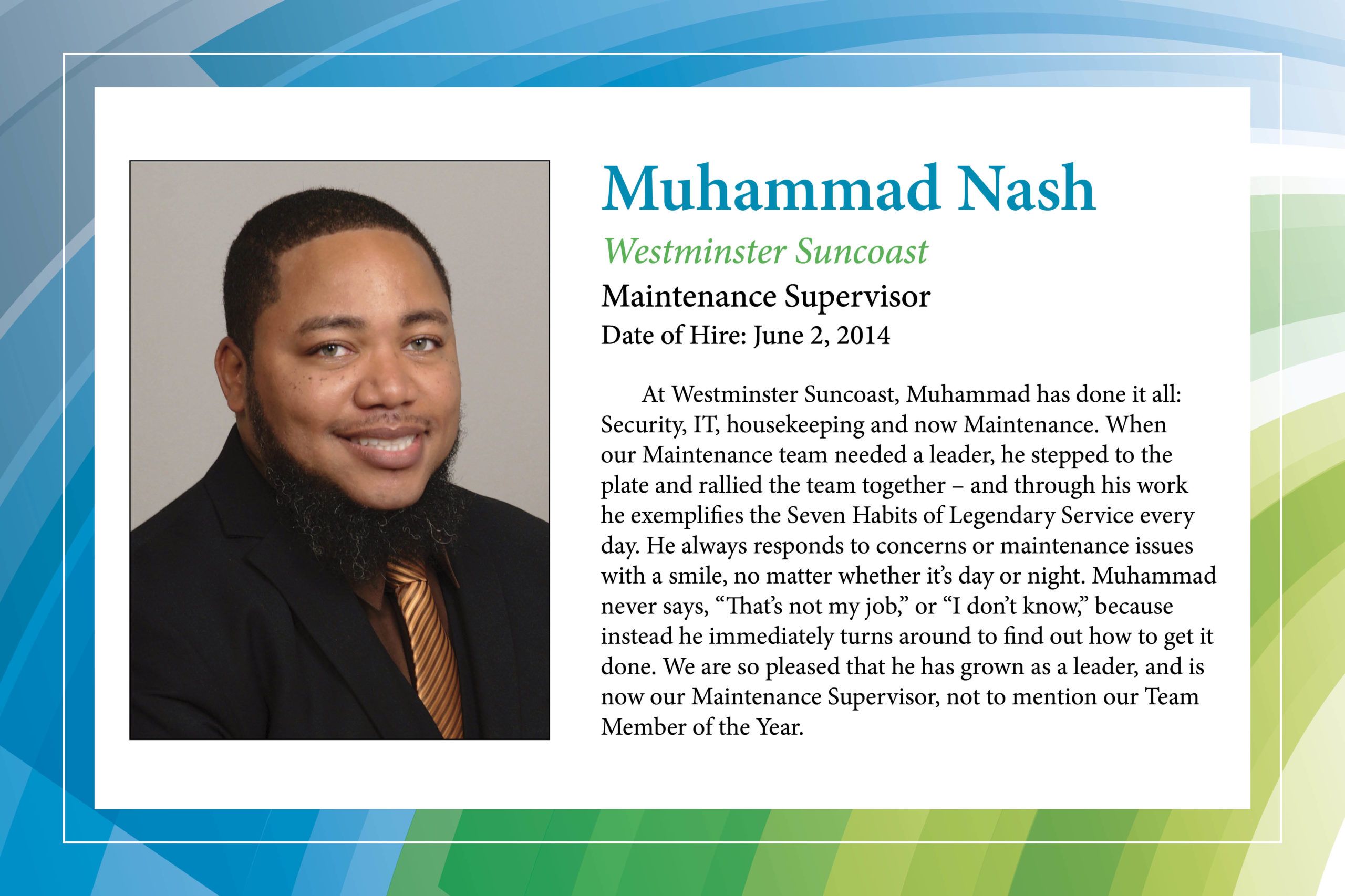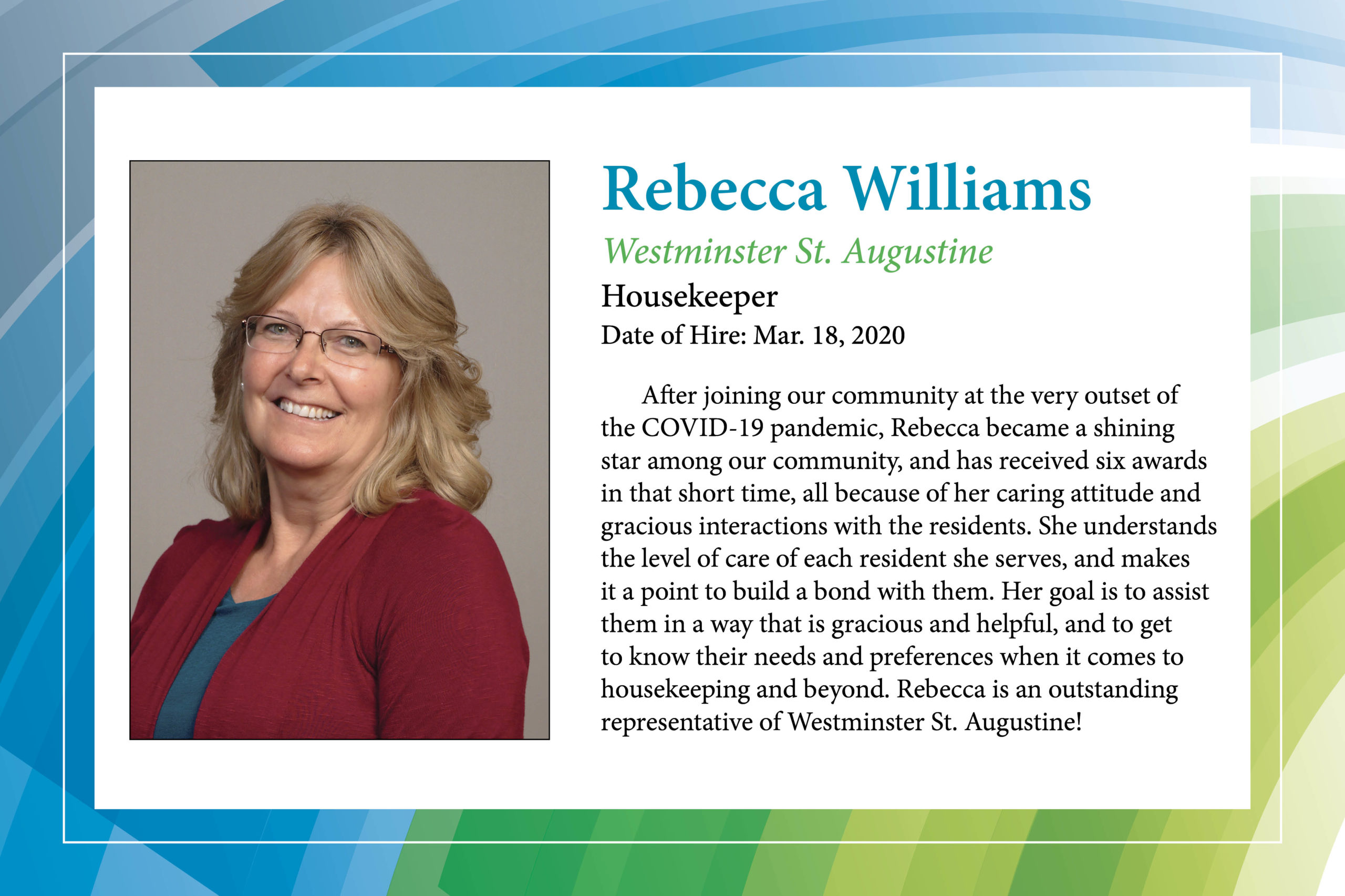If you are researching assisted living communities for your loved one, you may be wondering what the most important factors to consider are. Choosing the right community is essential for your senior family member to thrive.
Take a look at a few of the most important reasons to choose the right assisted living community for your loved one.
Maintaining Health and Wellness
It is very common for older adults to struggle with serious health concerns. Heart disease, arthritis, diabetes, and cancer are all prevalent among senior citizens. If your loved one suffers from any of these conditions, you want to choose an assisted living facility that can provide the medical care they need.
Find out whether there is on-site nursing staff, access to nearby hospitals, and transportation to outside medical facilities. These services will support your senior family member’s health and well-being.
Providing a Safe Environment
Some older adults have cognitive concerns that can cause them to roam, wander away, or harm themselves. If your loved one has Alzheimer’s disease, dementia, or any other concern that hinders their ability to look after themselves, you must choose a facility that can keep them safe.
Many facilities are secure environments that keep residents on the premises and under continuous supervision.
Slowing Cognitive Concerns
If your senior loved one has cognitive issues like Alzheimer’s disease or dementia, it is important that they receive memory care to slow the progression of cognitive decline. Certain treatments and therapeutic approaches can help lessen the severity of these conditions for some older adults.
For this reason, make sure to choose a Winter Park assisted living facility that works specifically with seniors who have cognitive issues.
Supporting a Social Lifestyle
When transitioning into assisted living in Winter Park, Florida, you might be worried that your loved one will spend too much time alone. To ensure that your loved one can socialize and stay active, check out the activities offered by each facility and consider whether your loved one would enjoy them.
Choosing Winter Park Assisted Living for Your Loved One
Are you looking into assisted living communities for your loved one? You must take your time to ensure that your senior family member is placed in the best home for them. The right assisted living center will help support their health, provide a safe environment, enable socialization, and slow potential cognitive concerns.







